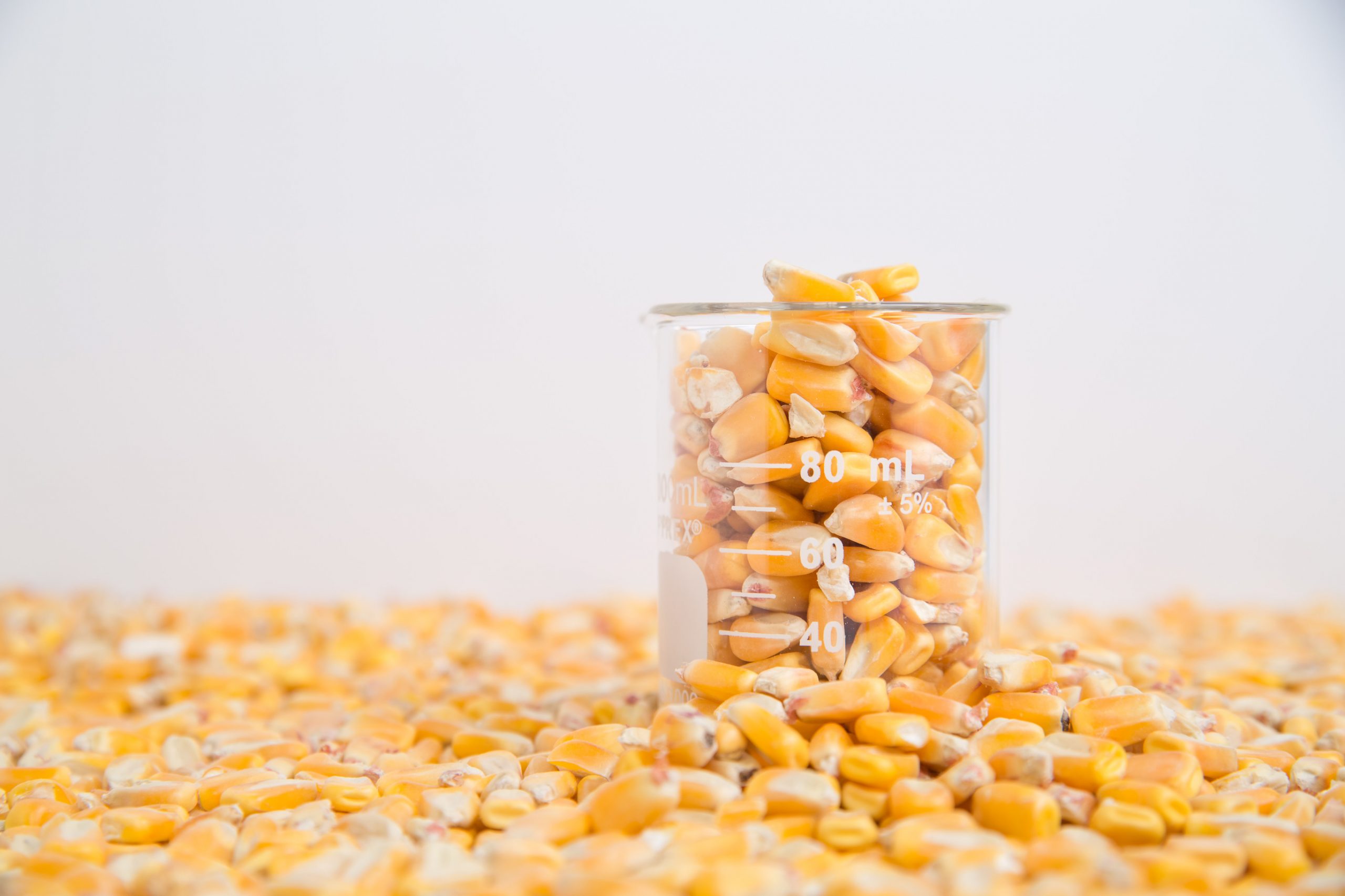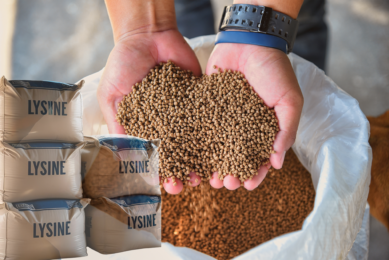Gene editing produces high methionine corn

A team of scientists from Rutgers University in the US have found a way to increase a key nutrient in corn.
The scientists have found an efficient way to enhance the nutritional value of corn by inserting a bacterial gene that causes it to produce methionine.
“Most corn is used for animal feed, but it lacks methionine – a key amino acid – and we found an effective way to add it,” explains Thomas Leustek, study co-author and professor in the Department of Plant Biology in the School of Environmental and Biological Sciences.
Chicken feed is usually prepared as a corn-soybean mixture, and methionine is the sole essential sulfur-containing amino acid that’s missing, the study says. The Rutgers scientists inserted an E. coli bacterial gene into the corn plant’s genome and grew several generations of corn. The E. coli enzyme – 3’-phosphoadenosine-5’-phosphosulfate reductase (EcPAPR) – spurred methionine production in just the plant’s leaves instead of the entire plant to avoid the accumulation of toxic byproducts. As a result, methionine in corn kernels increased by 57%, the study says. Corn plant growth was not affected.
Not only does this have benefits for animal feed formulations, also humans can benefit. In the developed world, including the US, meat proteins generally have lots of methionine. But in the developing world, subsistence farmers grow corn for their family’s consumption. “Our study shows that they wouldn’t have to purchase methionine supplements or expensive foods that have higher methionine,” the researchers conclude.











